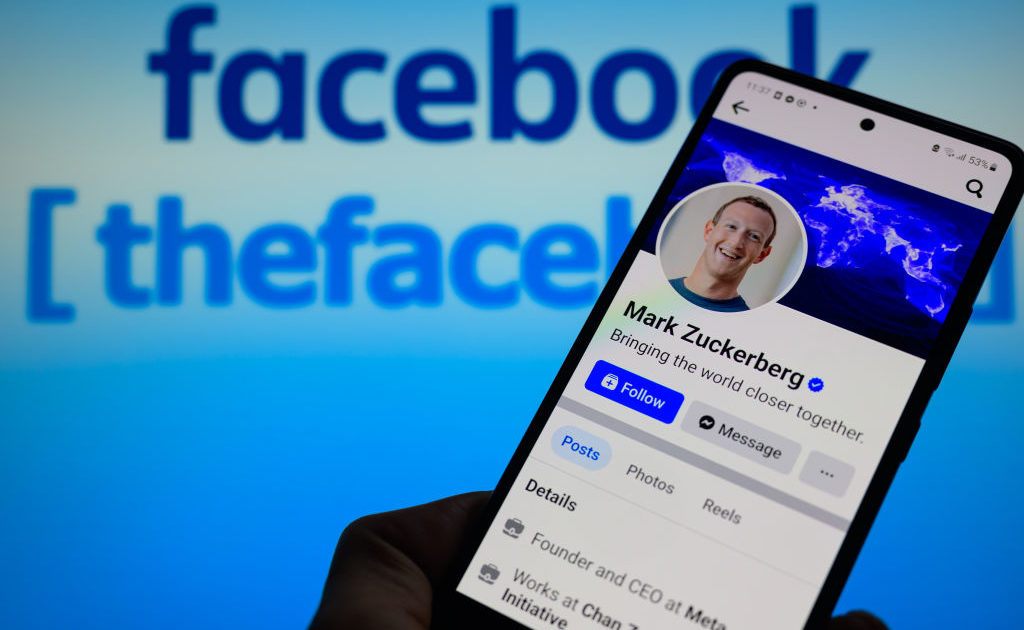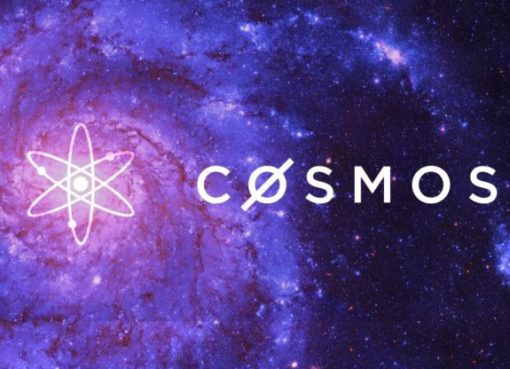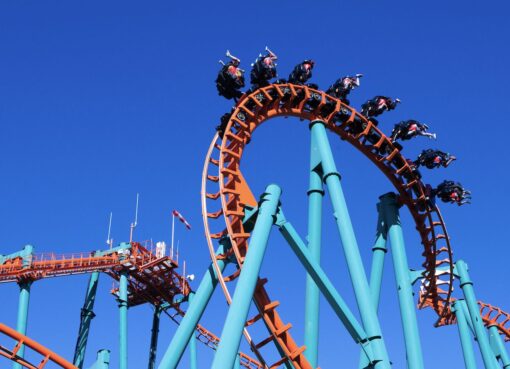Which of two historic developments this past week ought most symbolize the importance of Facebook and Mark Zuckerberg as his company, Meta, today marks exactly 20 years of existence? Should it be the CEO’s humiliation on Wednesday at the hands of American senators, who told him he “had blood on his hands” and prompted him to turn and contritely address the relatives of young people whose tragic deaths, those relatives believe, were the result of using his company’s products? Or should it be what happened Thursday, when Meta announced vast corporate earnings and its stock the next day soared, adding $197 billion to its overall valuation—more in one day than had any company, ever?
The answer, of course, is both. The unprecedented journey of this society-altering corporate behemoth continues in ways that are almost as hard to comprehend and digest as the generative artificial intelligence technology it is racing to deploy. This company’s genuine financial and business success is, at the same time, a tragedy of world-historical proportions.
That’s because Facebook and its parent company Meta have truly harmed the world. That it has also been uniquely profitable in the course of doing that is not a coincidence. The willful omission of sufficient guardrails makes everything on Meta’s services go faster, including profit. The company this week announced a $50 billion share buyback alongside huge quarterly earnings. It even launched a shareholder dividend, unusual for a still fast-growing company. Zuckerberg himself, by far the largest stockholder, is set to earn around $700 million a year from that dividend.
I have had a unique perspective on this saga because I was the first journalist to seriously engage with the company’s story, starting in September 2006 when it had a mere 9 million users. (As of the end of 2023, Meta’s various services had a total of 3.98 billion users. The number it directly affects will surpass half the planet’s population in the very near future.) After meeting Zuckerberg for lunch back then in midtown Manhattan, I wrote an article for Fortune entitled “Why Facebook Matters,” which impressed the then 22-year-old Zuckerberg and led, eventually, to a 2010 book chronicling the company’s already-remarkable story, The Facebook Effect.
So I’ve watched carefully as Zuckerberg evolved from an ambitious and generally decent young man into someone I view as a cold-blooded and amoral schemer whose successes are the envy of his fellow capitalists. This 20-year chronicle is entirely about him. He is not just a talented visionary and business leader. Because he has had total control of his globe-spanning enterprise and has led it without sufficient concern for its effects on the world, his culpability for those effects is uniquely large.
In the last day or so I’ve read several judicious and relatively neutral essays in the business press marking Facebook’s 20th anniversary. But they just didn’t capture the sheer oddity and awfulness of the company’s story. It’s critical people not underestimate the awful part.
I was deeply struck by how the U.S. Secretary of State Antony Blinken analyzed what’s going wrong with the world in a conversation with Tom Friedman of The New York Times a few weeks ago at the World Economic Forum in Davos. “The biggest poison that we face around the world internally in our societies and externally in our relations with others,” Blinken said, “is dehumanization—the inability to see the humanity in the other.” He was talking about the tragedy of Israel and Gaza as well as Ukraine and even U.S.-China relations. But he could as easily have been talking about the dynamic in the cafeteria of any high school on the planet, or among the alumni of Zuckerberg’s alma mater Harvard, for that matter. In my opinion, Zuckerberg played a major part in worsening that shift towards hatred, intolerance, and the attempted cancellation of those we don’t agree with.
It’s not that Zuckerberg wants the world to be fractured. It’s more that he didn’t realize it mattered until it was too late, more or less around the time Donald Trump was elected President of the United States. He won with the help, in part, of disingenuous Facebook ads paid in rubles from Russia and strategically targeted at voters in critical swing counties in Wisconsin and Michigan. By then, though, Zuckerberg was the richest person his age in history. It seems to me he became more concerned with maintaining that status than doing what would be necessary to reduce the polarizing and dehumanizing effects of his company’s systems.
Of course, there are also innumerable good and even great social and political impacts of these systems. This is the most popular media in the world because people enjoy using these services. It’s just another complication when assessing the macro impact of this company. But we don’t prevent someone from going to jail for murder just because they volunteer at a homeless shelter.
I spend a lot of time asking myself why Facebook, Instagram, and WhatsApp have contributed so horribly to the rise of autocrats and to the epidemic of teen suicide and self-harm, just to mention two especially tragic effects. In part, it’s because this company seemingly built its systems from the beginning with far more concern about their ability to generate clicks and attention than about governance mechanisms that might mitigate their harmful impacts. For example, in 2008, the company introduced systems to enable its users in countries around the world to themselves translate Facebook’s English into their local languages, which people everywhere promptly did. Yet Facebook had no employees who spoke most of those languages or who were assigned to ensure their speakers were not harming each other. That remains the case, to this day, in many languages. In Myanmar, an official U.N. inquiry concluded that Facebook disinformation and harassment contributed to genocide.
The harms also continue because, despite the umbrage of the senators and their peers in numerous other countries, governments and regulators have notoriously failed to sufficiently assess and restrain this company and other social media giants. The European Union is beginning to establish laws that can be models for other jurisdictions, but it’s too little too late.
But there’s another way to understand why Facebook and so many other social media companies have such a pernicious socio-cultural effect. It’s because these systems were not designed with a sufficient appreciation for the toxic impact of human ego and emotion.
Fifteen or 20 years ago, I wrote a regular email column for Fortune. I occasionally tackled unpopular topics, like outsourcing American manufacturing, which I suggested might not always be so bad. In reply, I got some scathingly critical emails from readers, calling me terrible names. Sometimes I would email them back, saying I was sorry they felt that way and adding a bit of further explanation. Often, probably more often than not, I would then receive a far less hyperbolic note from the reader, thanking me for my note. But such an exchange is far less likely on social media. That’s because much of the interaction happens in public. And in public, people have a reputation to maintain. When you speak in front of an audience, as one does on Facebook or Instagram, you want to impress your friends and those you hope are your admirers. We play to our audience. Concessions and efforts to find concord are not what we expect. And as Blinken notes, we too often demonize the other, and polarization worsens.
So happy birthday, Meta. Not. Your shareholders may be celebrating, but the rest of us should not be naive. Much of your impact on our world is not happy.




